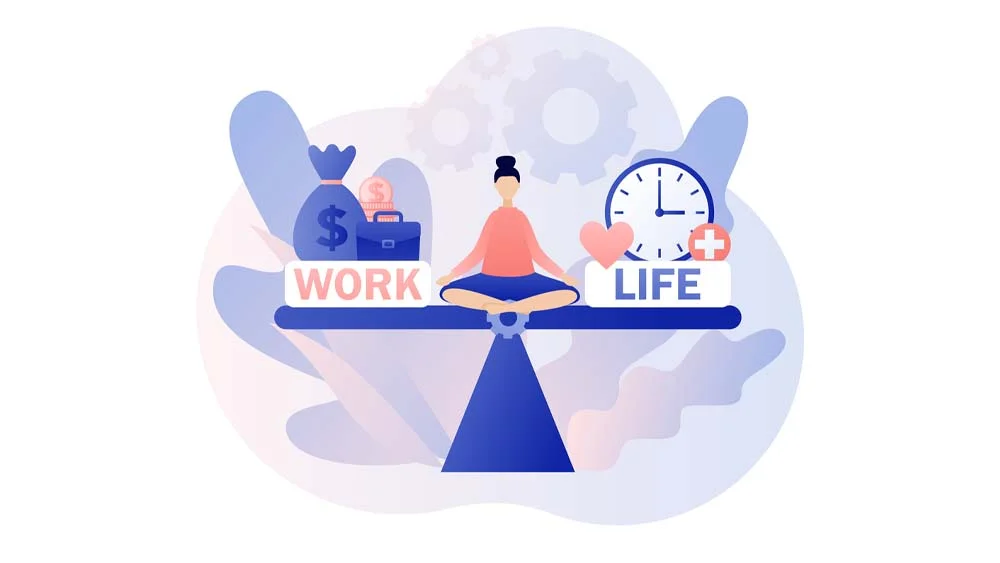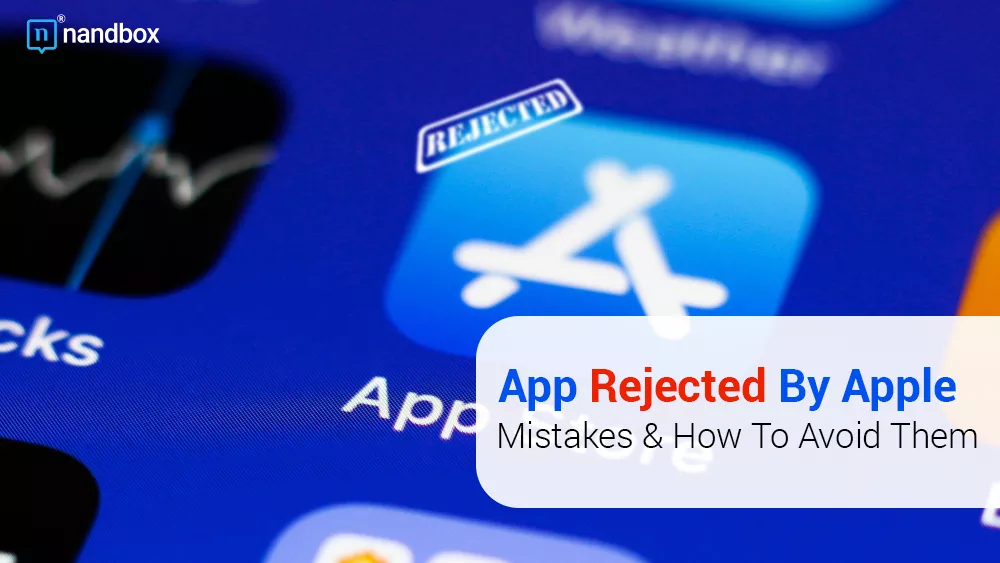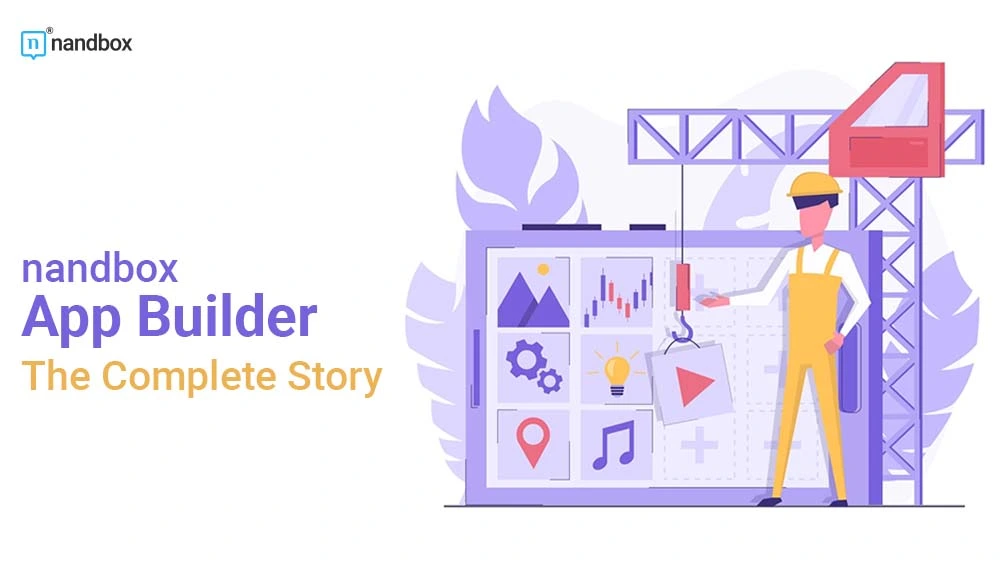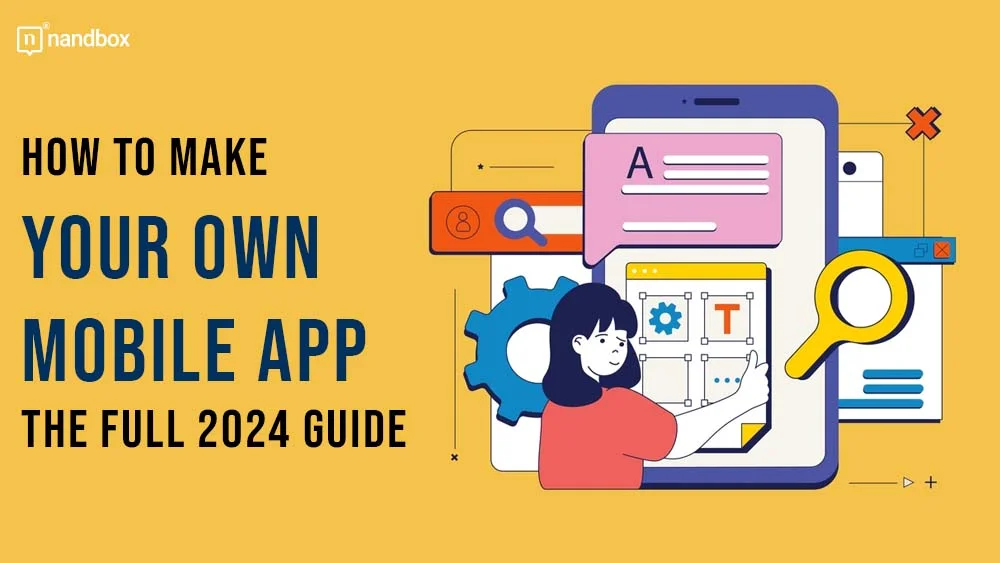How Can a Mobile App for Employees Enhance Work Efficiency?
Do you know that employees spend more than half of their day at work? Well, if you are an employee like myself, then you already know that. But that is life; you work hard and gain the benefits of what you do. But sometimes, things can get a bit tough in terms of surrounding conditions, like what we witnessed with the pandemic. That is why incorporating technology was the best solution for businesses to create more balanced and advanced work conditions. As businesses adopt more sophisticated digital solutions, the importance of secure network management cannot be overlooked. By configuring routers via 192.168.1.1, companies can ensure that their mobile apps for employees remain safely accessible, even when accessed remotely, thus maintaining productivity and protecting sensitive data.
One of the technologies that effectively achieved this was applications. Apps became employees’ best companions, whether for completing tasks, enhancing skills, or many more scenarios that apps helped with. In this article, we will discuss and demonstrate the role of a mobile app for employees in a business and how it works.
What is an Employee App, and How Does It Work?
Starting strong with exploring the term, which is usually called employee mobile apps. But what exactly are they? Employee apps are advanced tools created to help employees through different stages and tasks and streamline the overall productivity and quality of business operations. As we previously hinted, a mobile app for employees can be a lifesaver, especially in cases where something gets out of hand. And, of course, we are referring to the infamous pandemic era where pretty much everything got out of hand, including businesses and business operations.
During these hard times, businesses had to put everything on hold, but they couldn’t for so long. To be able to continue operating with the same quality, businesses had to find a way to do so quickly. This includes finding an effective way of communicating, managing, and so on. And this is when mobile apps became a lifesaving option for employees and business owners. Businesses started by using off-the-shelf apps, which means that they already existed and were operated by service providers. So, for instance, Microsoft Teams was one of the most used off-the-shelf apps businesses relied on for communications. However, some other businesses started to take it to the next level and create their own custom business apps. As an example, many businesses have created a mobile app for employees tailored to their specific needs and specializations.
Benefits of Mobile Apps For Employees and Business Owners
The term “mobile app for employees” or “employee apps” might imply that the benefit would only be limited to employees. However, employee apps weren’t made only to serve employees, but everyone involved in the business. This includes business owners. So, how do mobile apps benefit employees and business owners? Let us find out.
Benefits for Employees:
Enhanced Accessibility and Flexibility
With the help of mobile apps, employees may access their work files whenever and wherever they need them. In today’s fast-paced workplace, the ability to be effective when traveling or working remotely is crucial. Workplace technology allows employees to remain connected and actively participate in their jobs by providing them with access to papers, communication channels, and task management tools. It also makes employee onboarding much easier, by including employee onboarding checklists. Additionally, offering conflict resolution training can further enhance workplace productivity by equipping employees with the skills to manage and resolve disputes effectively.
Improved Communication and Collaboration
Regardless of their physical location, team members can communicate effortlessly with the help of apps. App features like file sharing, video conferencing, and instant messaging allow for collaborative work, real-time updates, and idea exchanges. This promotes collaboration and keeps everyone informed.
Streamlined Task Management
Many mobile apps have built-in task-management features that help employees stay organized. And to set priorities, and keep track of their assignments. You may increase productivity and decrease the likelihood of missing critical deadlines or deliverables with the help of these tools, which assist with setting deadlines, making to-do lists, and tracking progress.
Personalized Work Experience
The apps can be adjusted to fit personal tastes and professional needs. The ability to customize settings, push notifications, and interfaces allows employees to create a more personalized and user-friendly experience. Employee satisfaction and participation rates are both boosted by this level of customization.
Work-Life Balance Enablement

By streamlining time management, mobile apps help workers achieve a better work-life balance. Outside of regular business hours, they have access to company resources, letting them get things done or handle emergencies without having to be physically present at their workplace. This adaptability has the potential to alleviate tension and boost well-being in general.
Benefits for Business Owners:
Increased Productivity and Efficiency
By automating routine procedures and cutting down on human intervention, mobile apps simplify a wide range of business operations. When employees can complete jobs more quickly and with fewer mistakes, productivity rises. More efficient use of resources and reduced costs are the outcomes businesses can expect after developing a mobile app for employees.
Enhanced Data Security and Management
To protect the privacy and authenticity of vital company information, many business apps include robust safety precautions. Owners have the option to secure information by utilizing capabilities such as authentication and encryption. Apps also offer centralized data management, which helps owners monitor who has access to what, which helps with compliance with data regulations and lessens the likelihood of data breaches.
Data-Driven Insights
You can find out a lot about employee engagement, performance indicators, and app usage trends with the analytics capabilities that come with these apps. Owners of businesses can use this data to their advantage by making better decisions, seeing patterns, and putting plans in place for constant improvement.
Cultural Alignment and Employee Feedback
A lot of employee apps have interactive features like polls, surveys, or message boards where employees may express their opinions, ask questions, and offer suggestions. Business owners can use this information to assess the company culture, identify areas for improvement, and implement changes that the workforce will appreciate in order to increase employee satisfaction and alignment with corporate values.
Types of Mobile Apps For Employees
Phew, what a rich list of benefits! This list has clearly demonstrated the significance of a mobile app for employees, but could one app provide all these benefits, or are there other types of mobile apps for employees? The types of apps that could work in favor of employees are many; however, we are going to demonstrate the most common ones.
1. Employee Communication Apps
The first main type of mobile app for employees is the employee communication app. Communication is what makes the whole business operate as it should. That is why there should be a tool that helps enhance and elevate communication among all departments and individuals in the business. The employee communication app enables collaborating and working on projects and tasks seamlessly and in real time. The main features of these apps are in-app messages, group chats, feeds, video and audio calls, and conferences.
2. Learning and Development Apps
Learning is a never-ending process that people will go through as long as they are alive. Employees also go through this process to thrive and start accomplishing more. A learning and development mobile app for employees is the best way for them to gain new skills and knowledge easily. These apps include endless sources, courses, materials, and so on in all specializations that employees can access and utilize. The main features of these apps are material libraries, paid courses, progress and performance tracking, channels, and many more.
3. Task Management and Productivity Apps
The first step in doing things the right way is to effectively manage them. And this is exactly what these apps are meant to accomplish. Task management and productivity apps help employees manage and organize upcoming tasks according to their importance, deadlines, and so on. They could also feature collaborating capabilities that help teams work together and establish project timelines that everyone can follow and monitor. The key features of task management and productivity apps for employees include to-do lists, calendars, reminders, group chats, analytics, and so on.
Cost of Creating a Mobile App For Employees
Now that we have had a glimpse of the top types of mobile apps for employees that businesses could use and the top features for each. Can’t you help but wonder how much it would cost to build a mobile app for employees with all these features and capabilities? Let us just say that the cost will vary a bit depending on the size of your business as well as the number of employees involved. This means that if you have a small business with a small number of employees, it would be a tad easier than creating a mobile app for a big organization with a large number of employees. However, this doesn’t waive the fact that the development process would be expensive given the number of processes and tools involved.
So for instance, you will need to start with the discovery and research process, which can take up 20% of the whole development budget. You will also go through the coding process, which is the one that would use all of the budget and would also vary depending on the platform you are developing for. In addition, implementing each feature with all its capabilities also adds up to the total bill. The features we talked about previously are considered on the complex side, which will take a toll on the total cost, and many experts estimated that the cost of developing a mobile app for employees would always be above $50,000.
Create a Mobile App for Employees with Less Cost and Less Time!
If you have a small business that needs a mobile app for employees, you will definitely be in a difficult situation when it comes to the cost of development. After all, developing a mobile app for employees is necessary for the current digital era. But, as beneficial as it would be, it can also take a toll on the budget. Let us also not forget about the effort and time that we need to exert. So, is there any solution that could make the situation better? Well, there is a solution that could actually eliminate all of this and help a small business create a mobile app for employees at the most reasonable cost and in no time!
nandbox is the leading and only native app builder on the market that will help your business thrive and flourish with the fewest resources. With nandbox, you can create a mobile app for employees, whether for communication, learning, productivity, etc. This is because the app builder contains a rich set of features and tools that will make developing mobile apps as easy as pie. You can also integrate your back-end services and systems easily with seamless integration capabilities. As per the cost, you don’t have to worry, as developing an app with nandbox starts at $49 a month only! Start empowering your business and employees and building the best mobile app for employees now with nandbox!





